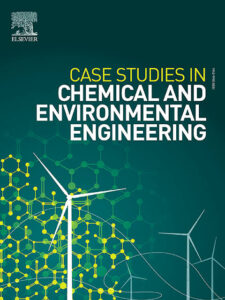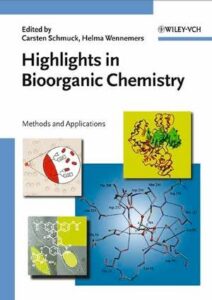Back to: Organic Chemistry 500 Level
Welcome to class!
It is good to have you here once again. Today we will focus on Case Studies in Modern Organic Chemistry. This lesson will show you how the theories and reactions you have been learning about are applied in real life. By looking at real-world examples from medicine, materials science, agriculture, and energy, you will see how organic chemistry shapes our modern society and improves lives across the globe, including here in Nigeria.
Case Studies In Modern Organic Chemistry
Have you ever taken paracetamol for a headache, worn polyester clothes, or used a solar panel? Behind all these common experiences lies organic chemistry. By studying case studies, we connect classroom learning to real challenges and solutions. It is like looking at the “chemistry stories” behind products that change how we live.
Case Study 1: Paracetamol Synthesis (Pharmaceutical Chemistry)
Paracetamol, one of the most used painkillers in Nigeria, is synthesised from phenol through nitration, reduction to an amine, and acetylation. This synthesis shows how aromatic substitution and acylation are applied in large-scale medicine production. Green chemistry principles are now used to reduce waste in the process.

Case Study 2: Antimalarial Drugs (Natural Products and Medicinal Chemistry)
Malaria is a pressing health challenge in Africa. Drugs like artemisinin, isolated from Artemisia annua, have saved millions of lives. Chemists developed semi-synthetic methods to produce artemisinin derivatives in large amounts. This demonstrates the power of natural product biosynthesis and synthetic modification in meeting public health needs.
Case Study 3: Conducting Polymers (Materials Chemistry)
Organic polymers like polyaniline and polythiophene are now used in electronics, batteries, and solar cells. They are lightweight, flexible, and affordable. Imagine cheaper solar panels made from these materials powering rural Nigerian villages—that is organic chemistry improving sustainable energy access.
Case Study 4: Agricultural Chemistry – Herbicides and Insecticides
Compounds like atrazine (herbicide) and pyrethroids (insecticides derived from chrysanthemum flowers) are examples of organic molecules tailored to control pests. Safer synthetic versions are being developed to reduce toxicity while still protecting crops, which is crucial for Nigerian farmers and food security.
Case Study 5: Green Plastics (Sustainable Materials)
Biodegradable polymers like polylactic acid (PLA), made from corn starch or sugarcane, are replacing petroleum-based plastics. These plastics decompose after use, reducing the plastic waste problem in Lagos and other cities.
Case Study 6: HIV Drugs (Advanced Synthesis)
HIV treatment drugs like efavirenz are products of complex organic synthesis involving stereochemistry, organometallic catalysts, and careful optimisation. This case highlights how advanced organic chemistry directly impacts global and African health.

Cultural Analogy
Think of Nigerian tailoring. A tailor cuts and combines fabrics to make unique clothing suited to each person. Similarly, organic chemists cut, rearrange, and join molecules to make products tailored for specific human needs, from medicine to energy.
Summary
- Case studies show how organic chemistry is applied in solving real-life problems.
- Paracetamol synthesis illustrates aromatic substitution in medicine production.
- Artemisinin derivatives show the role of natural products in fighting malaria.
- Conducting polymers are vital for energy and electronics.
- Organic chemistry helps design safer agricultural chemicals.
- Biodegradable plastics and HIV drugs reflect sustainable and advanced synthesis.
Evaluation
- Outline the synthesis steps of paracetamol.
- Why is artemisinin important in Africa, and how is it produced synthetically?
- Give one example of how organic chemistry is contributing to renewable energy.
- State one advantage of biodegradable plastics over petroleum-based plastics.
- Explain how stereochemistry is important in the synthesis of HIV drugs.
You are making excellent progress! By connecting your knowledge to case studies, you are seeing the living impact of organic chemistry in society. Remember, your studies are not just theory—they equip you to solve real African problems with global significance. Keep shining with Afrilearn!
